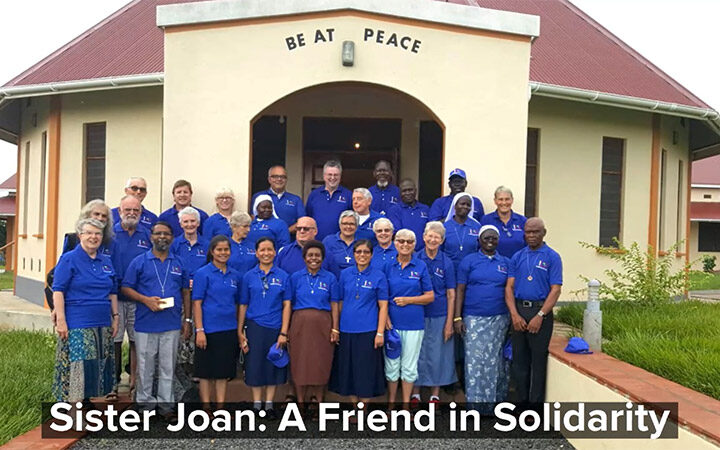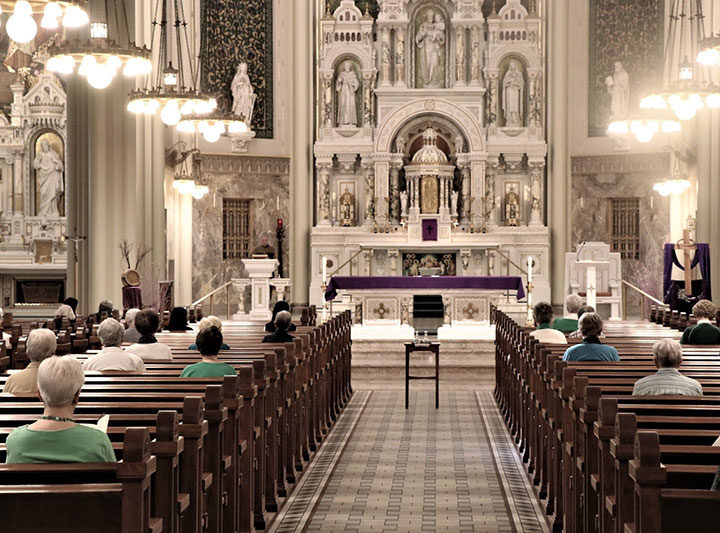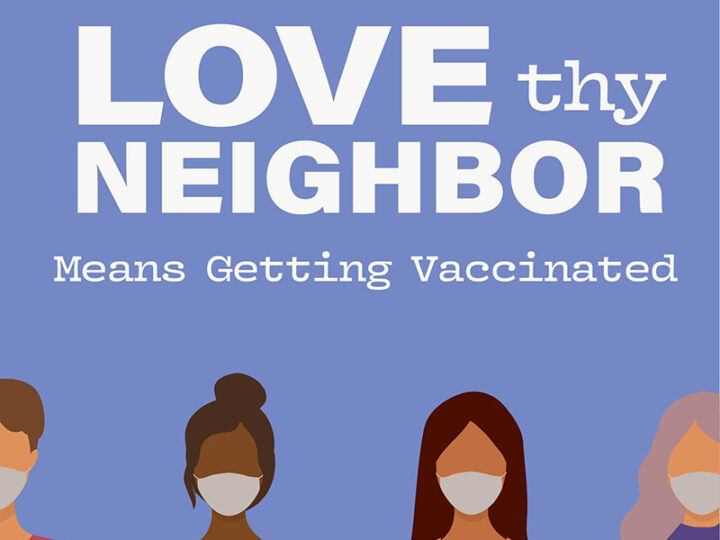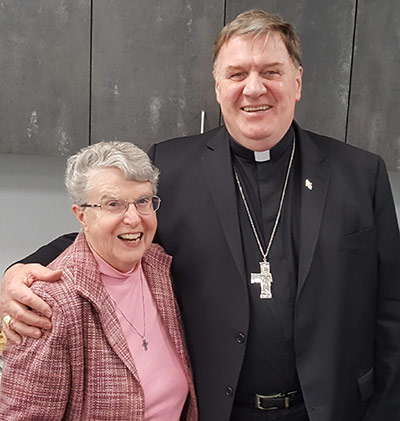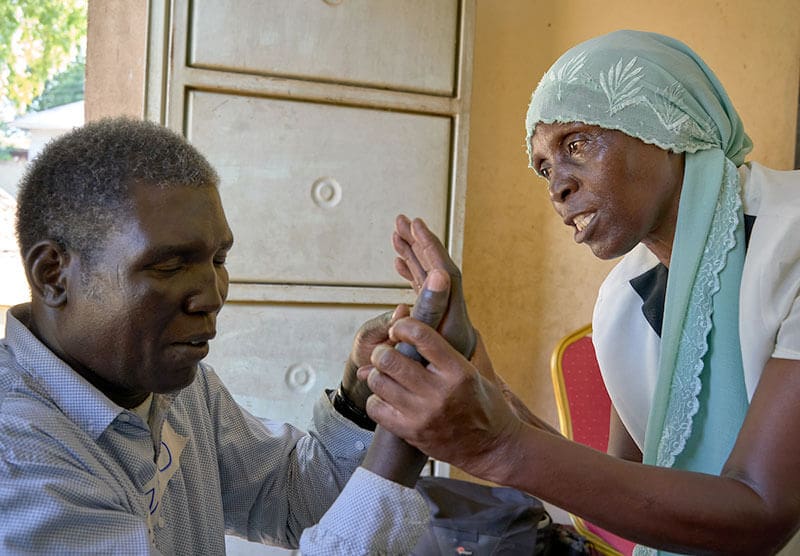
Joyce Charles is blind because of war. She was a young girl in 1992, when Sudan’s civil war swept through her home town of Juba. Her mother, fearing for the family’s safety, fled with Joyce to the sparsely-populated countryside. That meant Joyce missed getting vaccinated for measles, a common problem for displaced populations.
“So when I got sick with measles in 2000, it attacked my sight. That’s how I became blind. It’s because of the war,” she said.
With few resources, Joyce’s family despaired for her future.
“The doctor said there was no way I’d ever see again, and that was hard for my family. My parents lost hope that I would be able to go to school and study,” she said.
But then her father took her to the Rajaf School for the Blind in Juba.
“I learned Braille, and I started to walk alone, even though I was living on the outskirts of Juba in Muniki. My father was happy, seeing that I was able to read and go to school. And I’m happy, despite all the challenges I faced in primary and secondary school.”
Joyce went on to become a teacher at the school while studying psychology at the University of Juba.
“I thank God that I’m alive and I’m able to help myself and my family and even my country,” she said.
Despite her own success, Joyce admits that living with a disability is not easy, particularly in a country as troubled by poverty and violence as South Sudan. So when Solidarity with South Sudan approached the Rajaf School with the idea of conducting trauma healing workshops for the visually impaired, she was all for it.
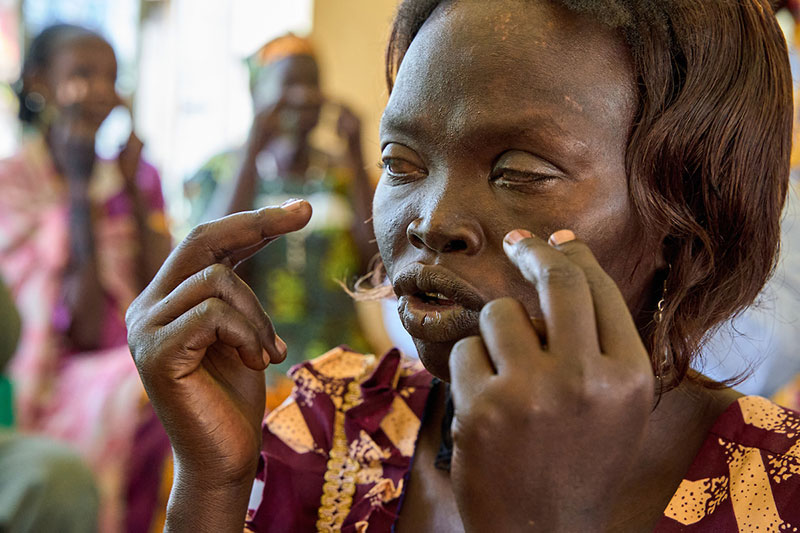
Joyce Charles taps her face during a trauma healing workshop at the Rejaf School for the Blind in Juba, South Sudan. Charles is a teacher at the Rejaf School.
“Trauma healing can help people here a lot, especially those living with a disability. Many of our disabled people got that way because of the war. And they need help with some of the challenges in their lives,” she said.
Solidarity’s trauma healing workshops, which build on the international work of Capacitar, use body-based practices that empower people affected by violence to use their inner wisdom to heal and transform themselves in order to heal injustice and build peace in their families and communities.
While Solidarity has conducted the workshops throughout the country for several years, focusing particularly on displaced populations, working with the blind came about after an early 2021 evaluation identified gaps in the program, according to Constance Langoya, a trauma healer who coordinates the program in Juba.
“The differently abled were a community we hadn’t thought about enough, though they were here, and we’d had a few participate in our workshops, and we see them in church where there’s a translator helping them,” she said.
“So we came and talked to them. Some of them have gone through the school and gone to university and come back to teach. It’s clear that they have all their senses except their sight. So they can easily learn what we teach. It’s about body work, how to get the stress out of your body and then your mind.”
Many of the visually impaired in South Sudan have experienced double trauma, Langoya said.
“For a person who had sight as a child, and then that was cut off because of sickness, and moving from place to place, it’s very difficult. And they may not always be willing to share what they feel inside because of their environment. Sometimes the home environment isn’t what it should be. Maybe the people in your home don’t understand you. But when you eventually find a space where you can get all this blocked energy out of you, it’s a relief. You can live again.”
Story and photos by Paul Jeffrey
Featured photo: Constance Langoya, a trauma healer, helps a man during a trauma healing workshop at the Rejaf School for the Blind in Juba, South Sudan.


